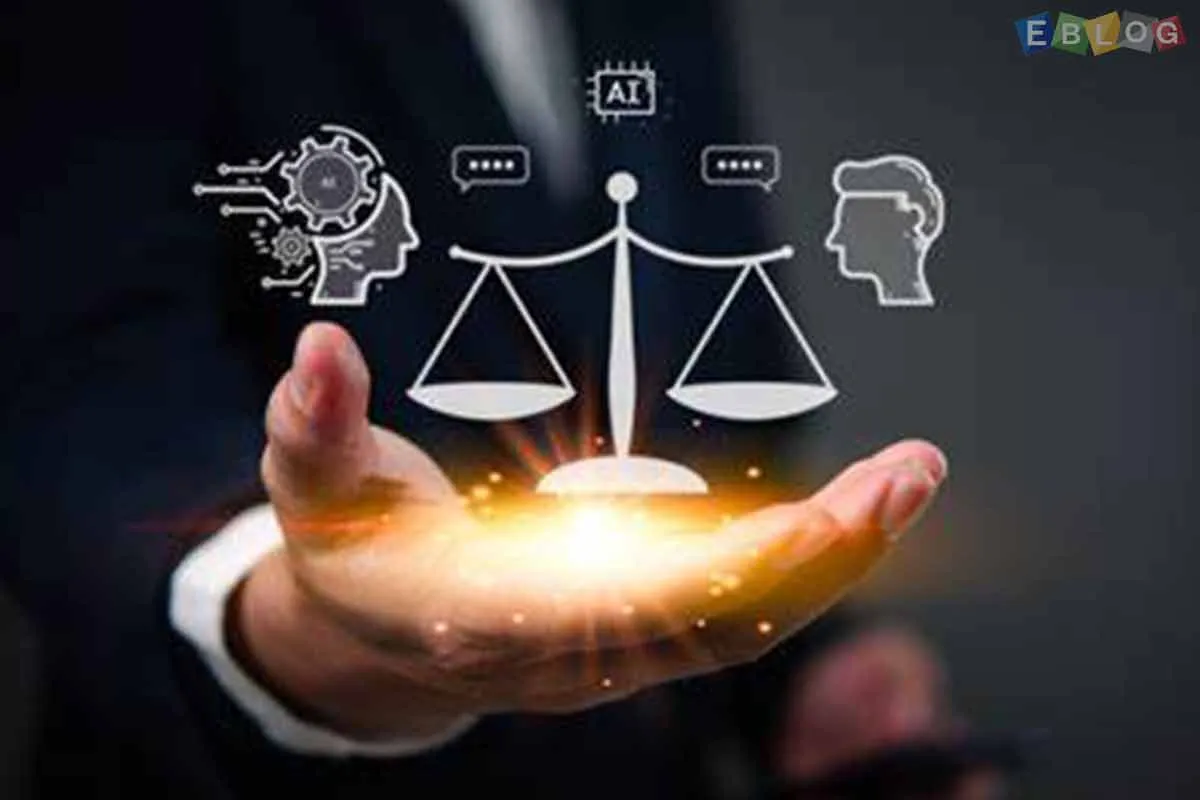
AI Ethics in 2025: Navigating Bias, Regulation, and Trust
- 28 May, 2025
- Tech
- 642 Views
- 0 Comments
Artificial Intelligence is no longer a futuristic concept—it’s the foundation of how we search, create, automate, and even make decisions. As AI becomes more integrated into our daily lives, ethical concerns are taking center stage. In 2025, the conversation around AI isn't just about what the technology can do, but what it should do.
This year marks a turning point in how we think about bias, regulation, and trust in AI systems. The stakes have never been higher.
1. The Persistence of Bias: A Technical and Moral Challenge
Bias in AI is not just a bug; it's a reflection of the data, assumptions, and priorities behind the algorithms. Despite advances in model design and data diversity, biased outcomes continue to surface, especially in high-stakes areas like hiring, lending, and healthcare.
What's New in 2025?
a. Detection Tools: Open-source libraries and enterprise platforms now include automated fairness audits, flagging potential bias before deployment.
b. Synthetic Data: To combat underrepresentation, more organizations are using synthetic datasets to balance skewed real-world data.
c. Context-Aware AI: New models are being trained to recognize the context of a task (e.g., legal, medical) and apply domain-specific fairness criteria.
Still, even with technical improvements, bias can’t be fully “fixed” by code alone. It requires diverse teams, transparency, and public scrutiny.
2. Regulation Tightens: Global Standards Emerge
Governments worldwide are no longer just watching AI—they’re legislating it. In 2025, regulation is shaping how AI is developed, deployed, and monitored.
Key Developments:
a. The EU AI Act is now fully enforced, classifying AI systems by risk level and requiring strict documentation and oversight for high-risk applications.
b. U.S. Algorithmic Accountability Act (updated) mandates impact assessments and opt-out mechanisms for automated decision-making in finance, employment, and healthcare.
c. Global Coordination is on the rise. The OECD and G7 are pushing frameworks to align AI ethics across borders, particularly on facial recognition and surveillance.
For developers and businesses, this means compliance is no longer optional—it’s a design constraint.
3. Trust Is the New Metric
In an era of deepfakes, hallucinating chatbots, and algorithmic opacity, trust in AI is fragile. Yet, it’s also the cornerstone of adoption.
How are we building trust in 2025?
Explainable AI (XAI) is a standard, not a luxury. Tools that break down how a model reached a decision are integrated into most enterprise workflows.
a. AI Fact-Checkers: With the rise of generative AI, tools that verify content authenticity and source attribution are widely used in journalism, education, and public communication.
b. Third-Party Audits: Independent ethical review boards and certification bodies are emerging, much like organic or cybersecurity labels.
Companies that fail to build trustworthy AI are already seeing reputational and financial consequences.
4. Ethical AI Requires Human Judgment
There’s growing recognition that ethics can't be fully automated. It’s not enough to have fair algorithms—we need fair intentions, inclusive perspectives, and ongoing debate.
In 2025, leading organizations have moved from AI ethics policies to AI ethics practices, embedding ethics teams directly into product development, and giving them veto power when red flags arise.
5. A More Inclusive Future?
As the world grapples with the benefits and risks of AI, 2025 offers cautious optimism. Diverse voices are gaining space in the conversation—from indigenous technologists to underrepresented communities demanding accountability.
The ethical future of AI isn't just a technical roadmap. It’s a collective decision about the kind of world we want to build.
6. Final Thought
AI in 2025 is powerful, pervasive, and far from neutral. Navigating bias, regulation, and trust isn’t just a compliance checklist—it’s a moral imperative. The challenge isn’t to make AI perfect, but to make it responsible.
Because in the end, the question isn’t whether AI can be ethical. It’s whether we can be.


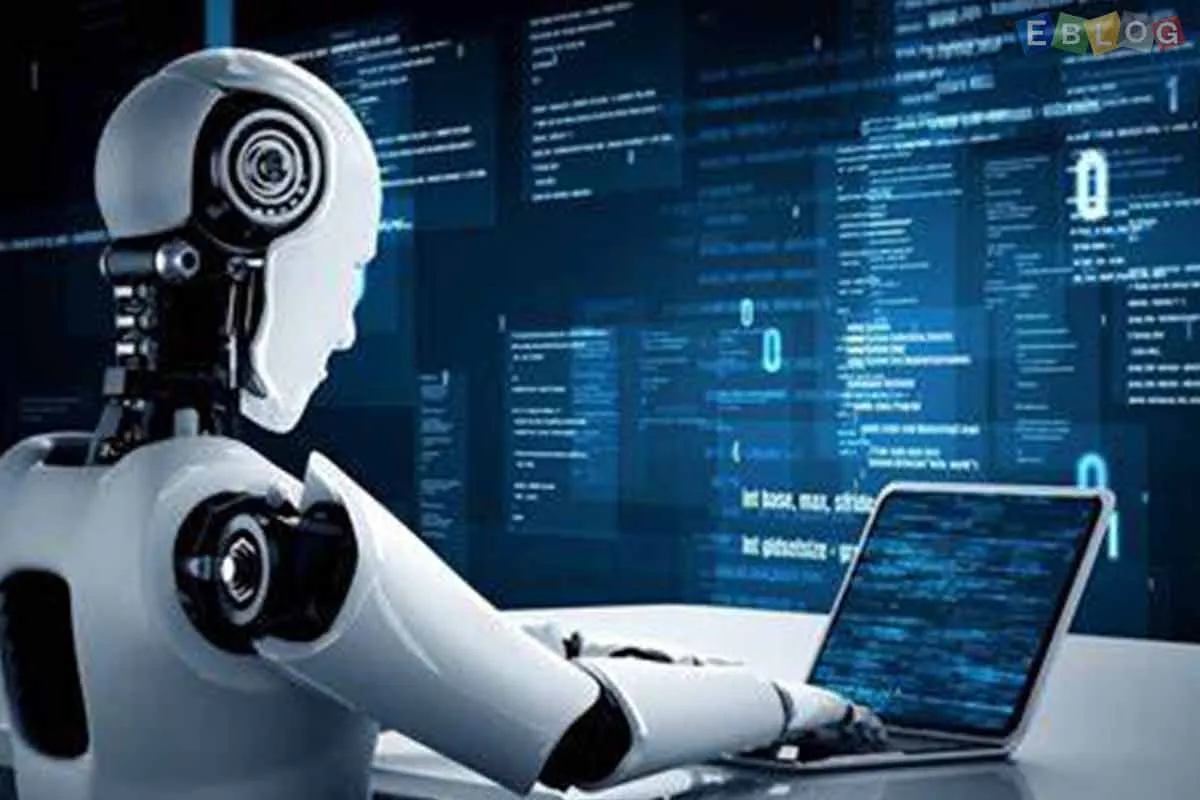


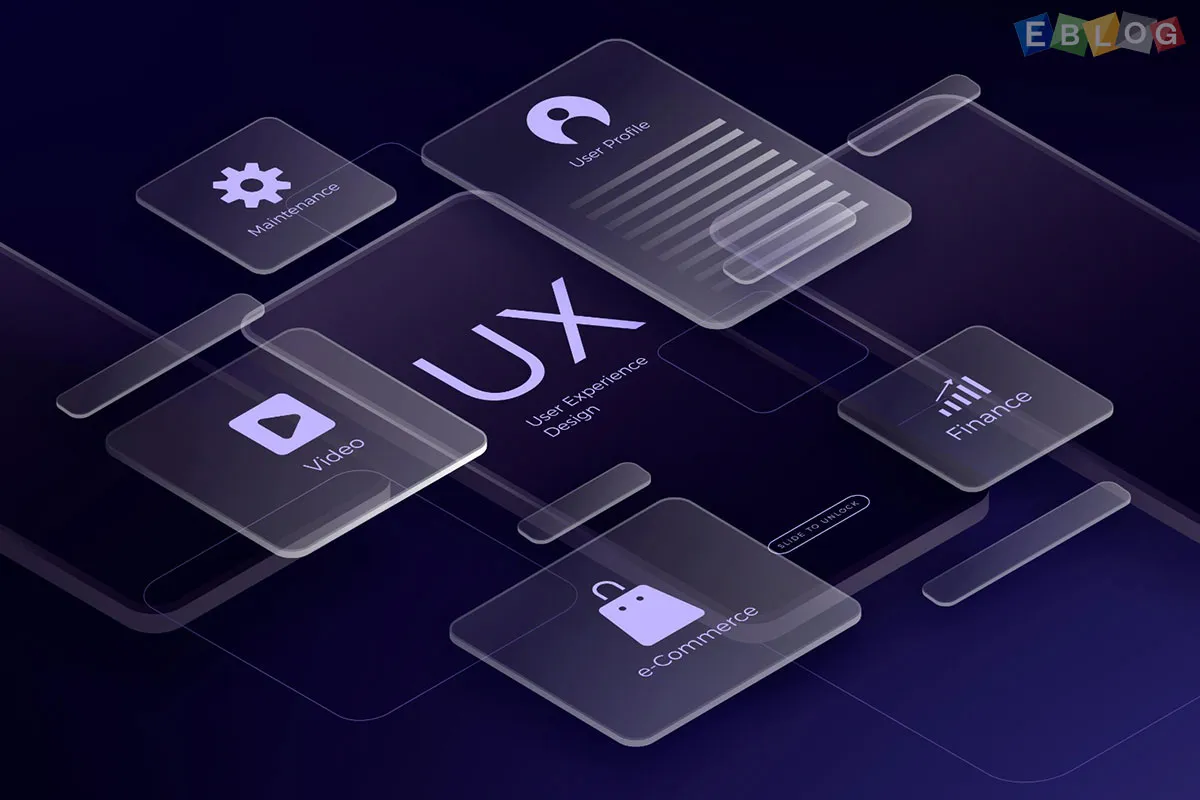
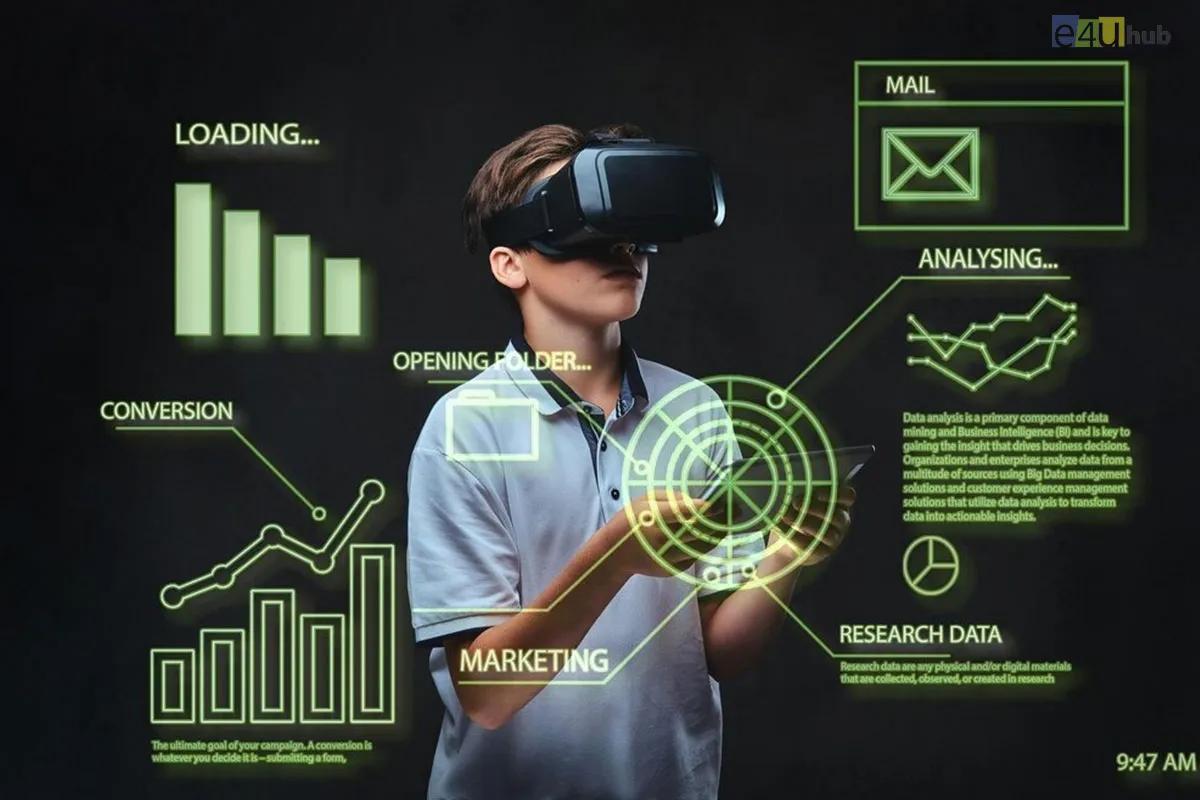
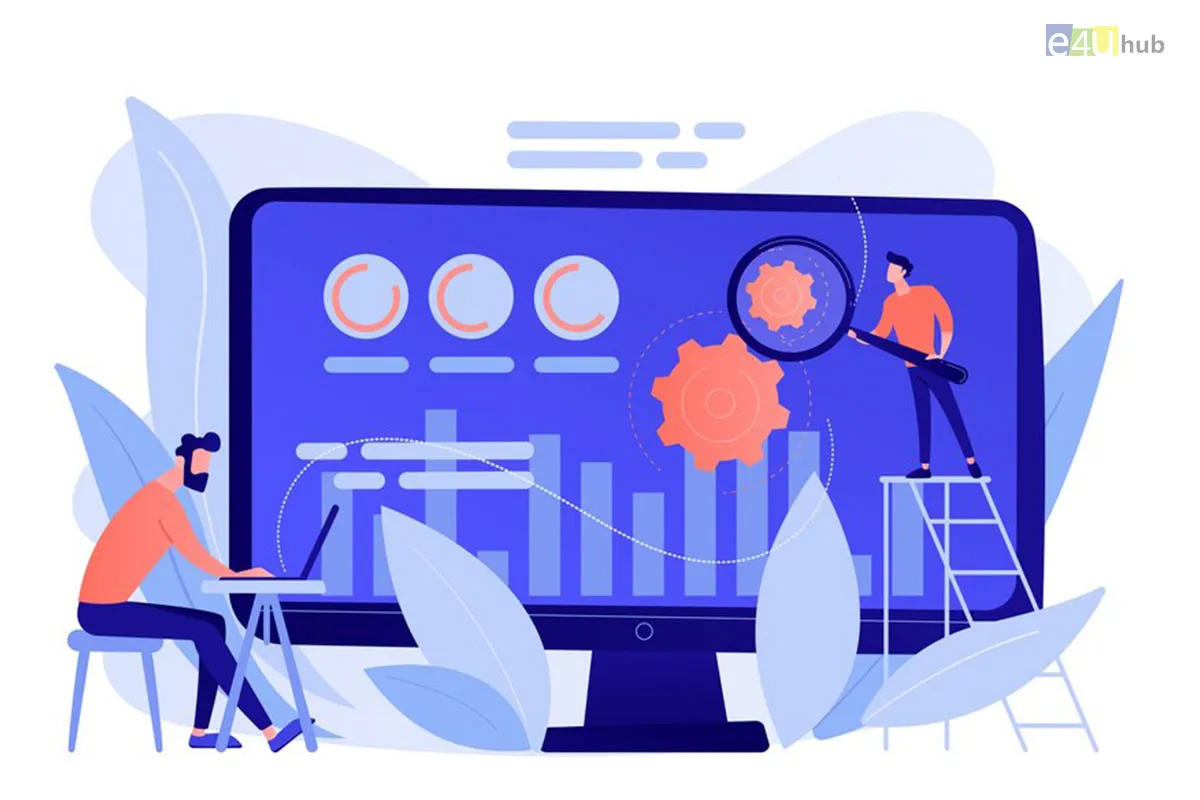




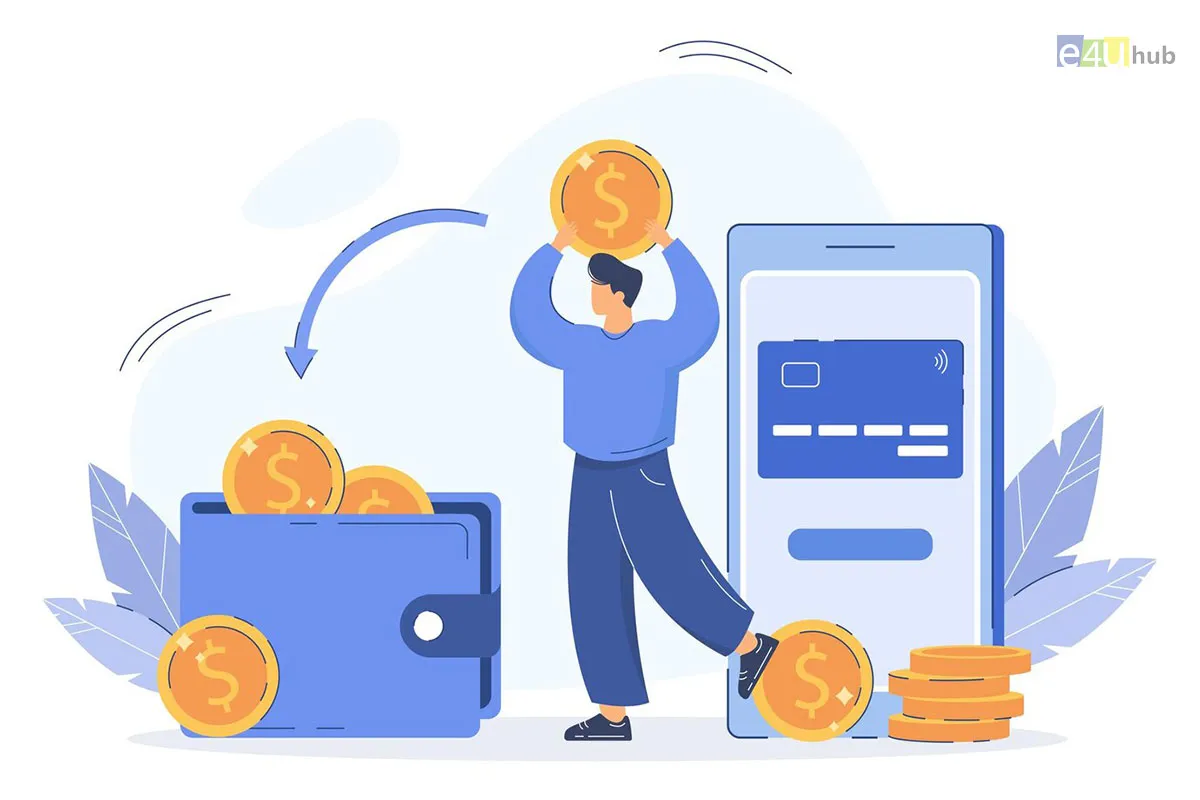

Leave a Reply